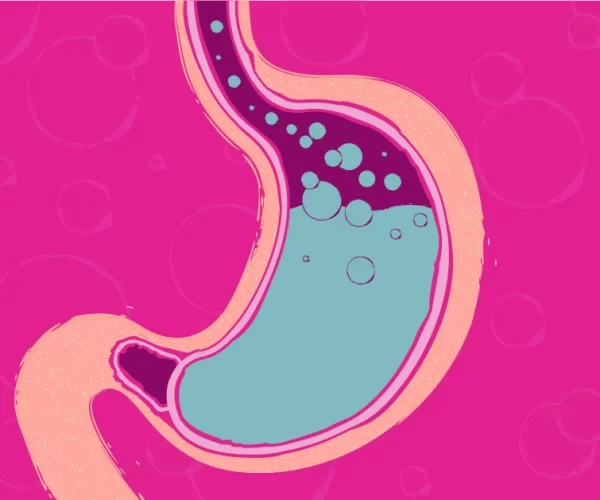Gastroesophageal reflux disease is a condition that involves the backward flow of the contents in your stomach. You should seek treatment for Frisco GERD when your symptoms increase in frequency or intensity and persist for more than two weeks. Heartburn is one of the most common symptoms of GERD, and if the medication does not relieve your symptoms, it’s time to contact your physician.
Symptoms of GERD
Heartburn is the most common symptom of GERD that you can experience. Other symptoms include:
- Difficulty swallowing
- Nausea and vomiting
- Extreme chest pain
- A lump in your throat
Why do you need to treat GERD?
If you leave gastroesophageal reflux disease untreated, it can lead to complications that can cause structural changes to your digestive structure. Your esophagus can narrow down, resulting in esophageal stricture affecting digestion and aggravating the condition further.
Stomach acid can inflame your tissues, break them down, leading to bleeding, and in severe cases, cause an open sore. When you have an open sore or ulcer in your stomach, it can be quite difficult to digest food, and certain foods can worsen your condition.
When acid damages your esophagus, it can lead to Barrette’s esophagus, a precancerous condition that can cause cancer.
Treatment options
Your treatment options will depend on the severity of your symptoms. In mild cases, your specialist can recommend medications and lifestyle changes. You might need surgery in severe cases to avoid further complications to your digestive tract.
The following are common treatment methods for GERD:
Medications
Your specialists can prescribe drugs like antacids, acid blockers, and proton pump inhibitors (PPIs). The drugs aim to neutralize acid, block acid release in your stomach, or block certain proteins that create stomach acid.
Lifestyle adjustments
Certain habits like eating large meals, eating quickly, and smoking can affect your lower esophageal sphincter. To help manage your symptoms, you should eat smaller servings, chew your food thoroughly, and avoid smoking. Remember to avoid food triggers that worsen your heartburn symptoms.
Adjusting your lifestyle can include streamlining your diet and exercise plans to maintain a healthy weight. Heartburn can be common in people who are overweight or struggle with obesity. Shedding the extra weight can help control GERD symptoms.
Weight loss surgery
Since GERD occurs due to the esophageal valve weakening and allowing acid and other stomach contents up your esophagus, your specialist can recommend weight loss surgery to reinforce the valve and prevent backward leakage.
To qualify for the surgeries, you must have a BMI of 35 or more and have an overweight-related condition that conservative weight loss treatments cannot address.
When to see a doctor?
You should see your healthcare provider if your symptoms persist even after taking medicines to relieve your symptoms. It is advisable not to delay seeking treatment because GERD symptoms do not go away on their own.
If you have symptoms of GERD, visit The Bariatric Experts for weight loss surgery or other treatments. The available specialists will evaluate your situation and offer the most suitable treatment to help alleviate your symptoms. Call or schedule your appointment online today to improve the quality of your life.



